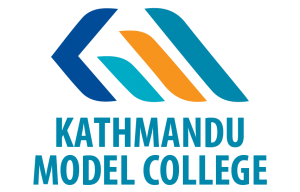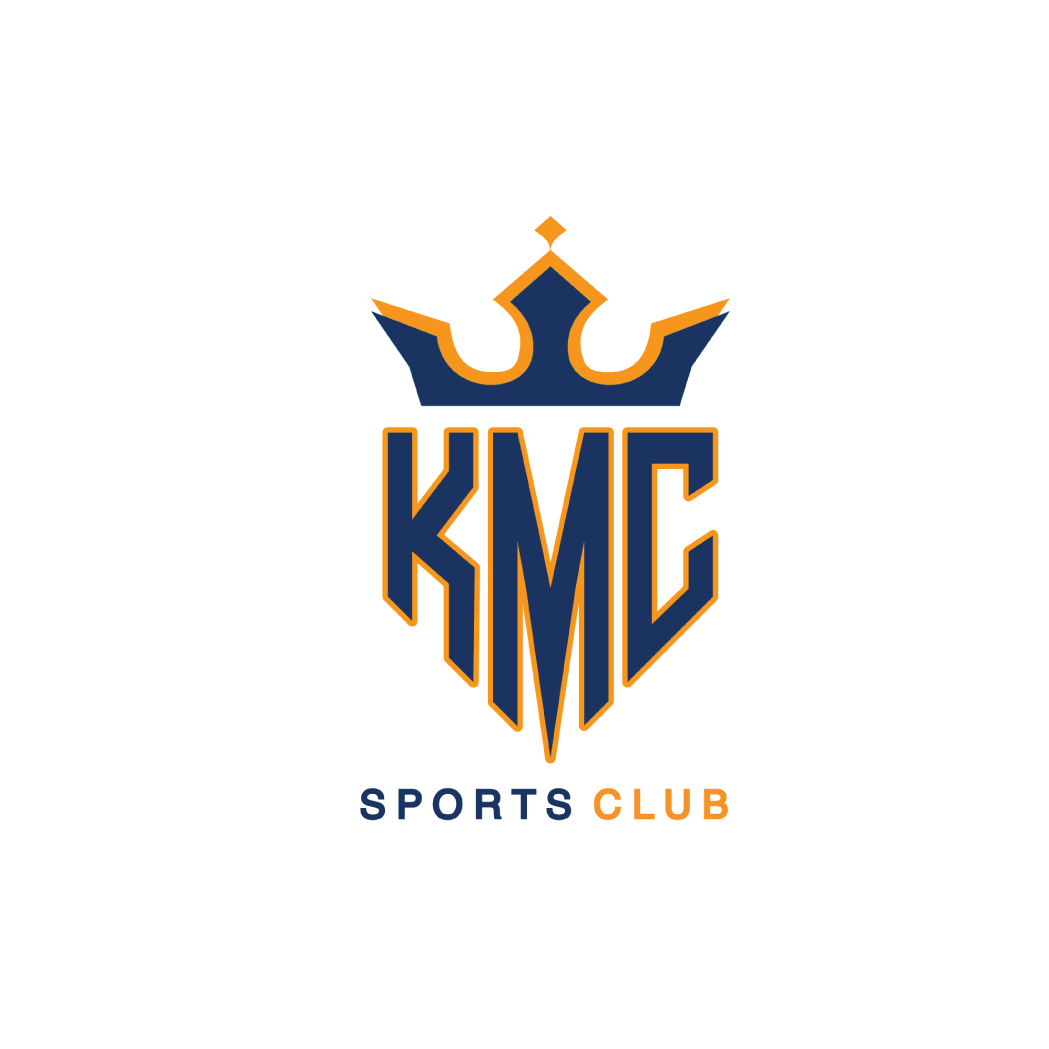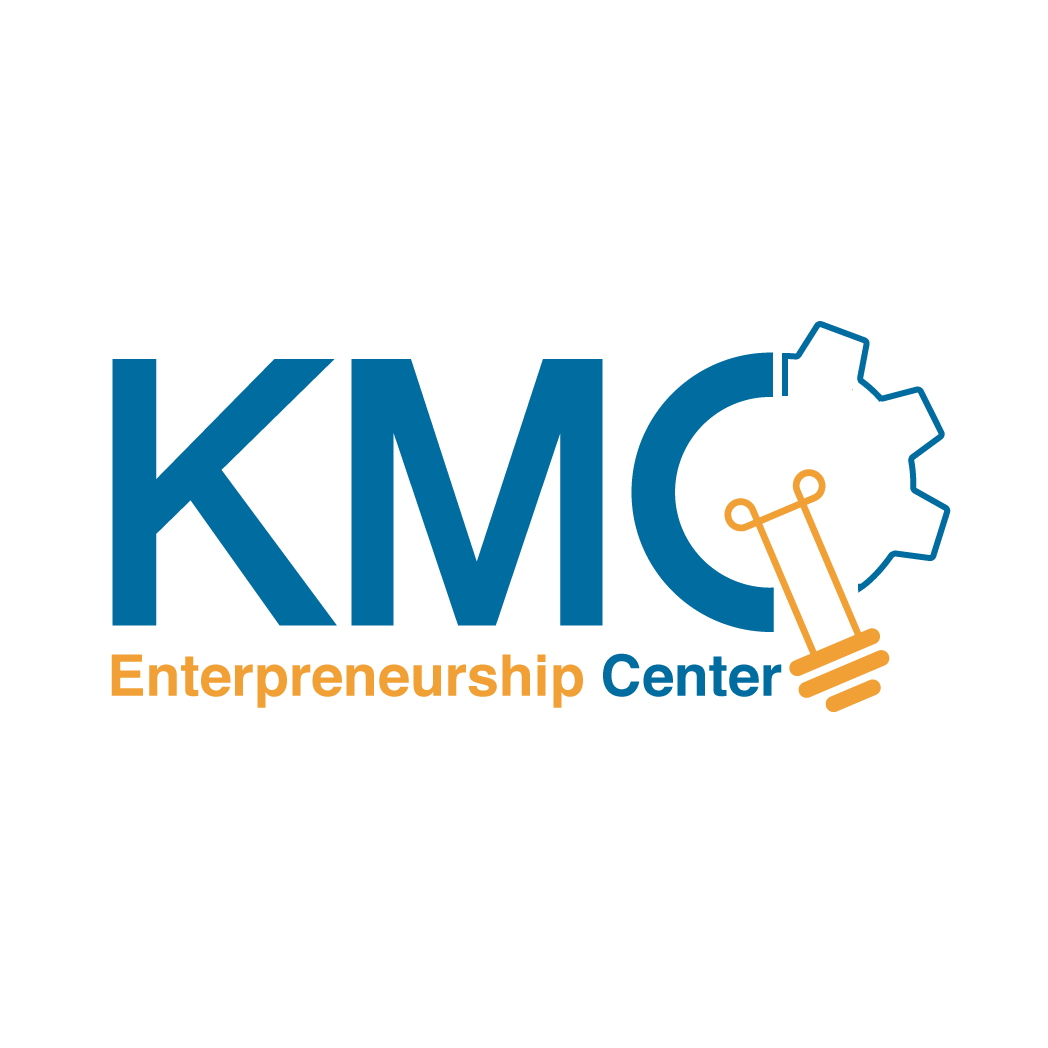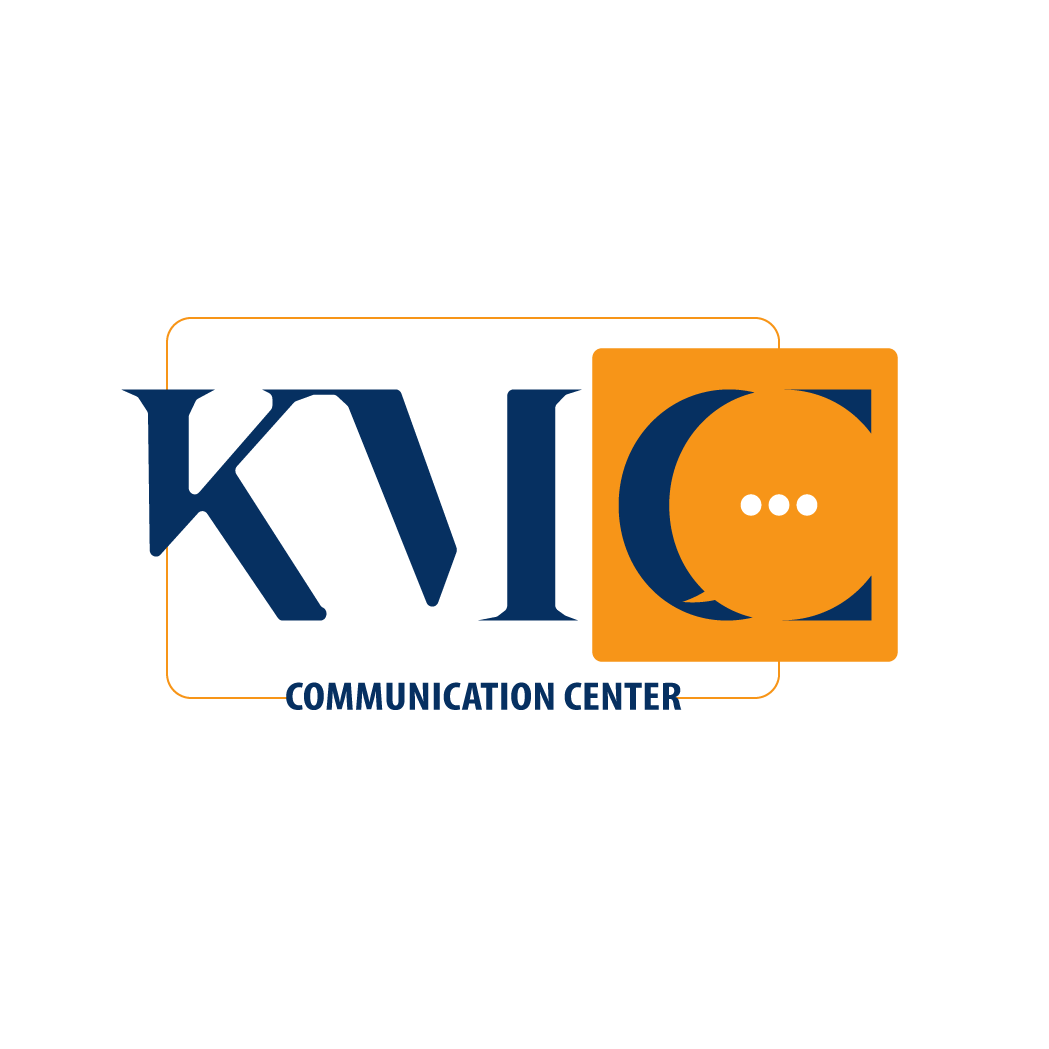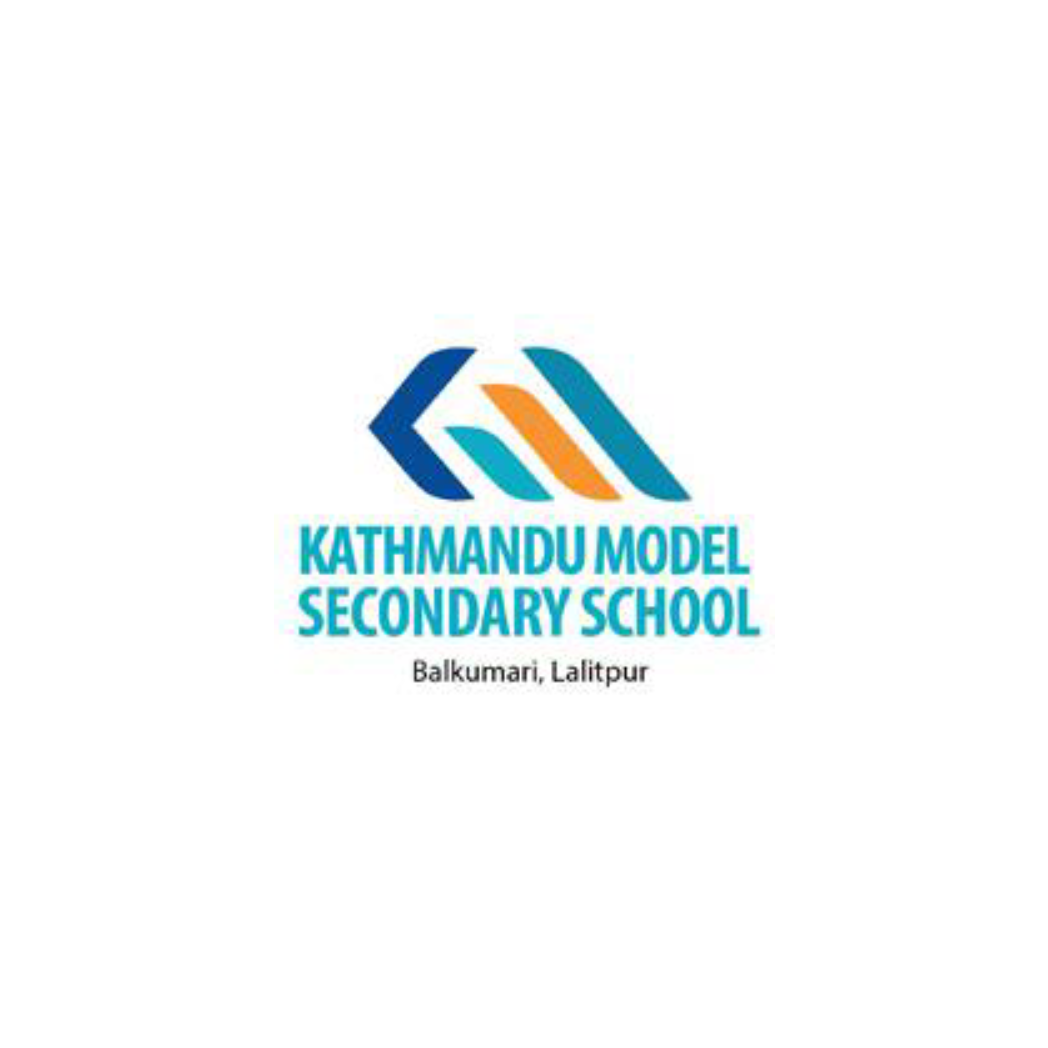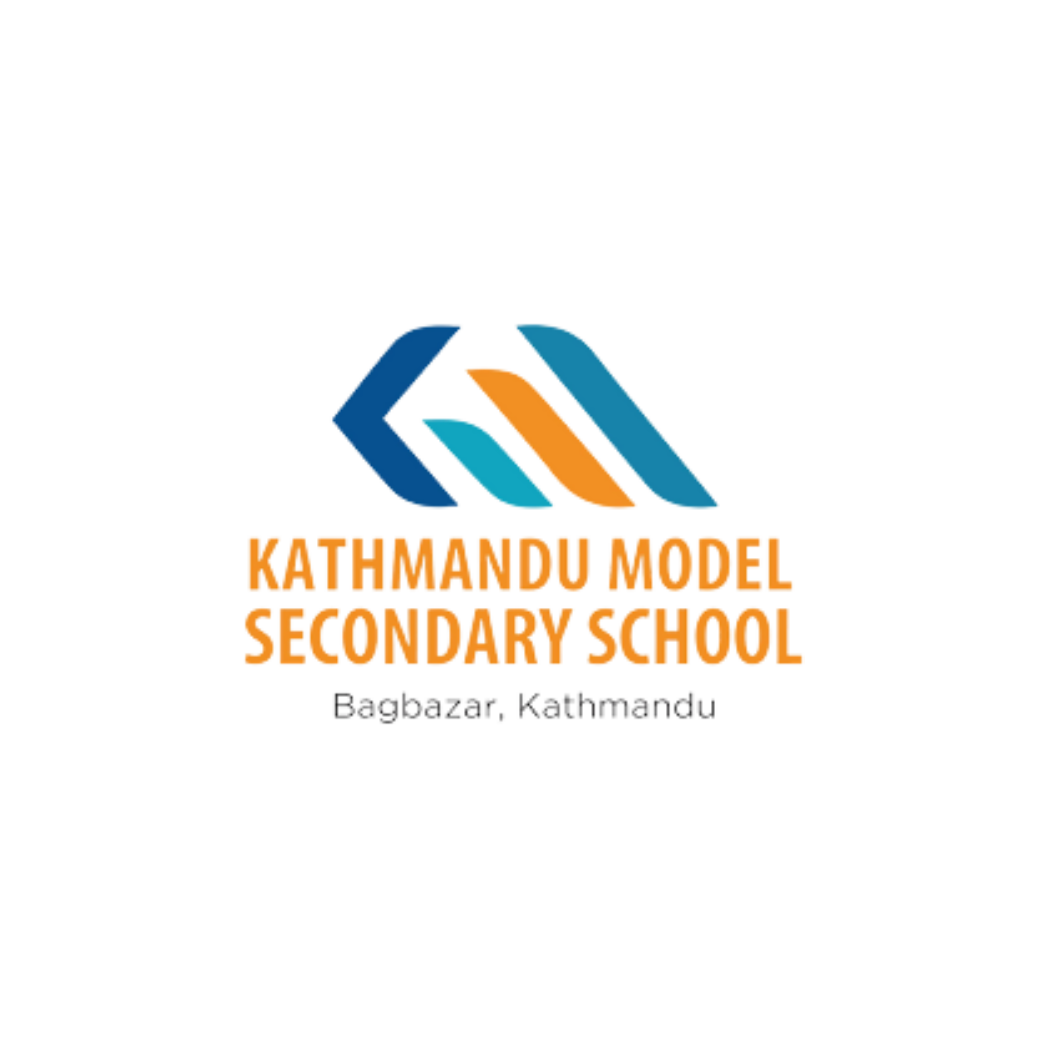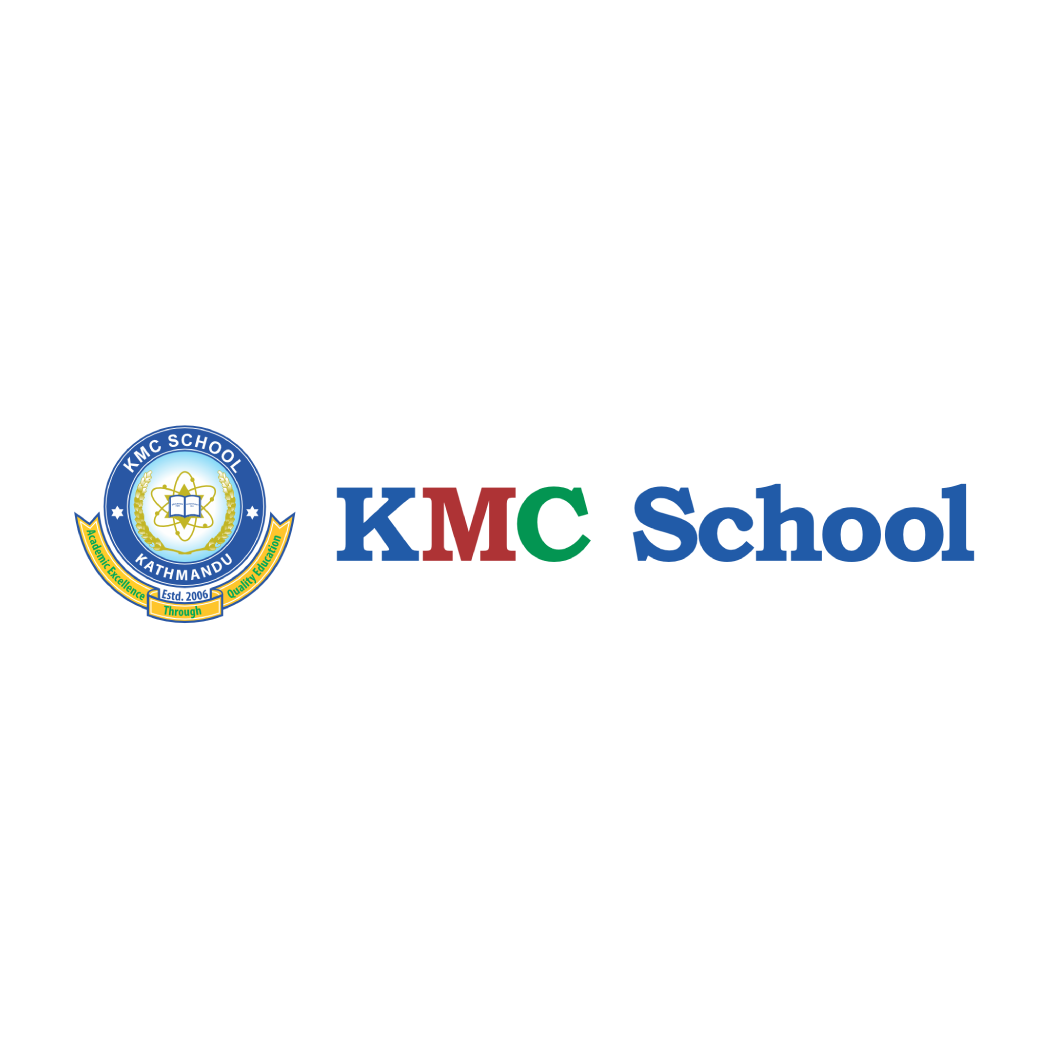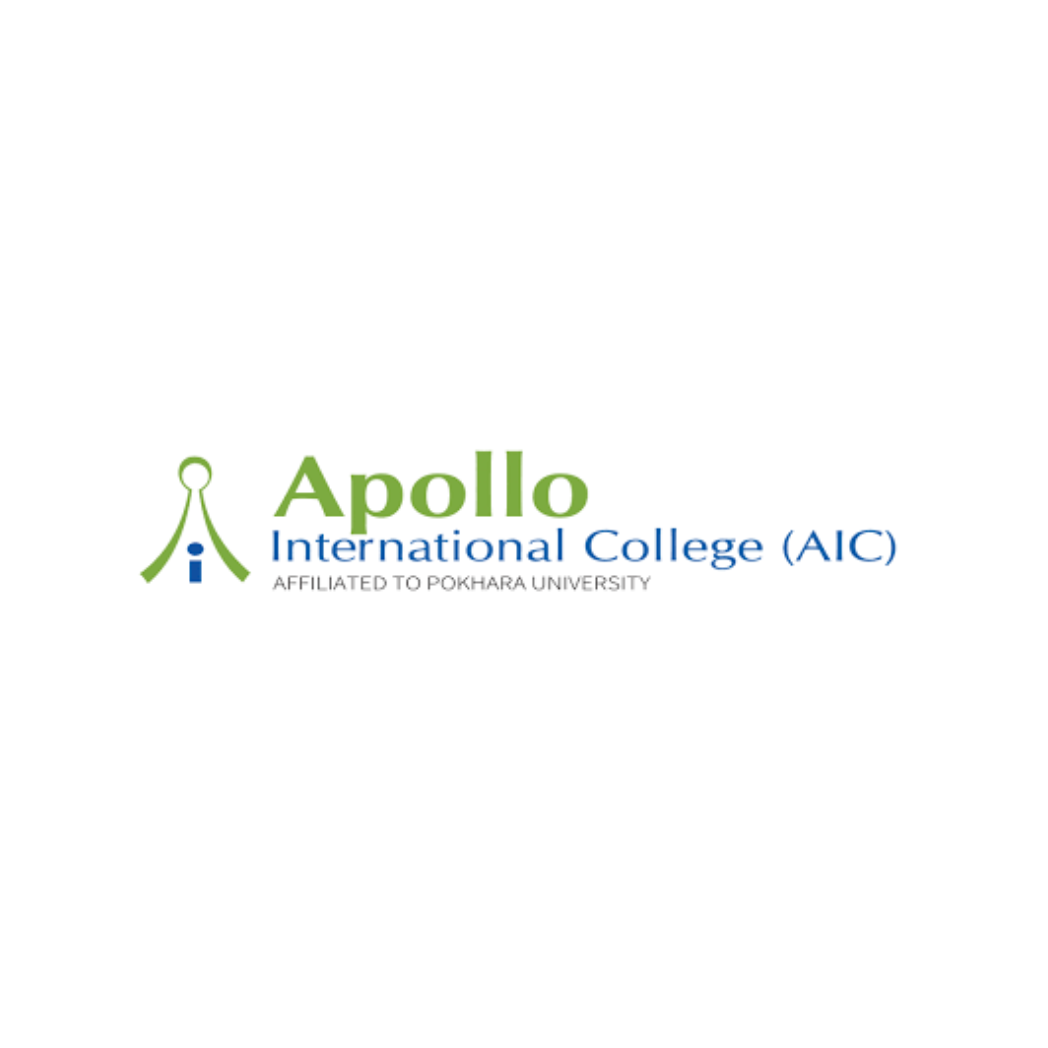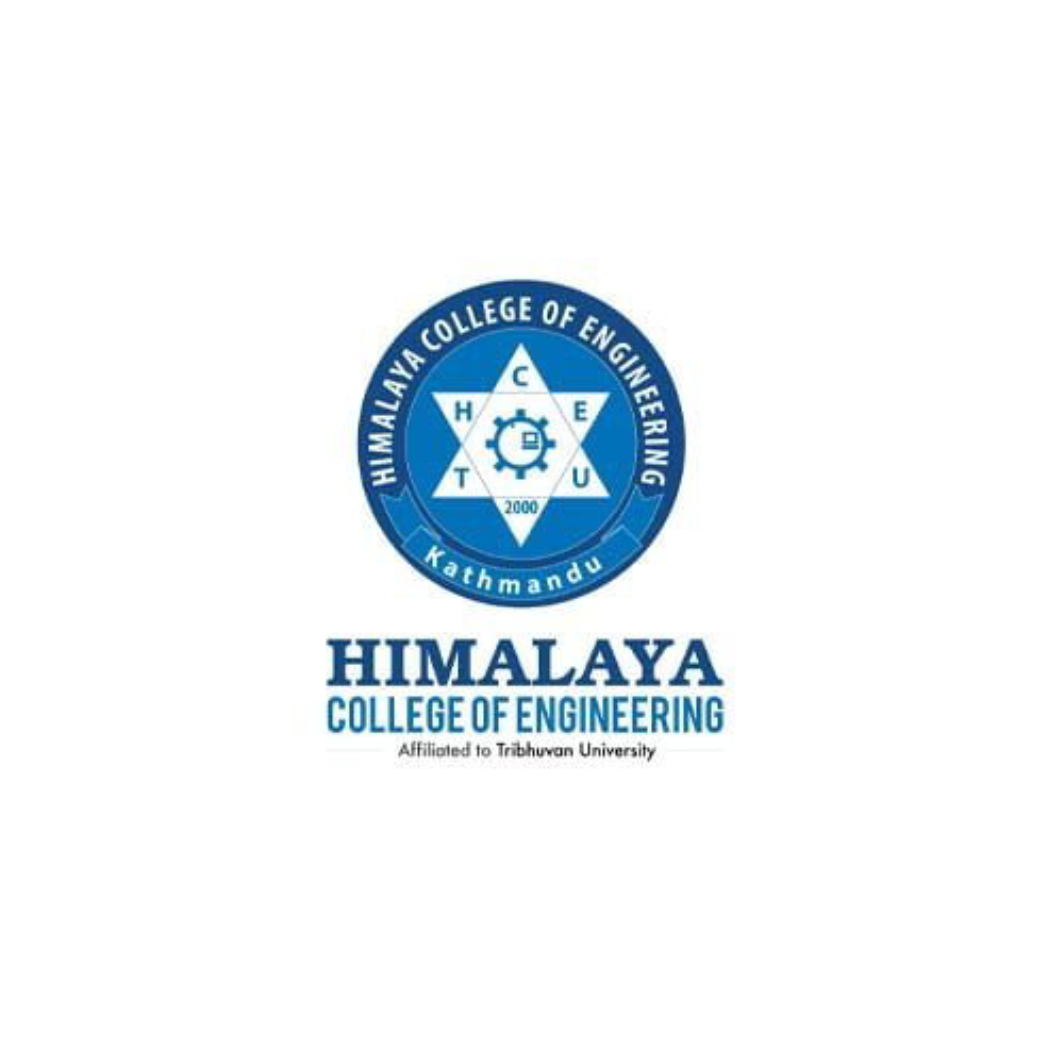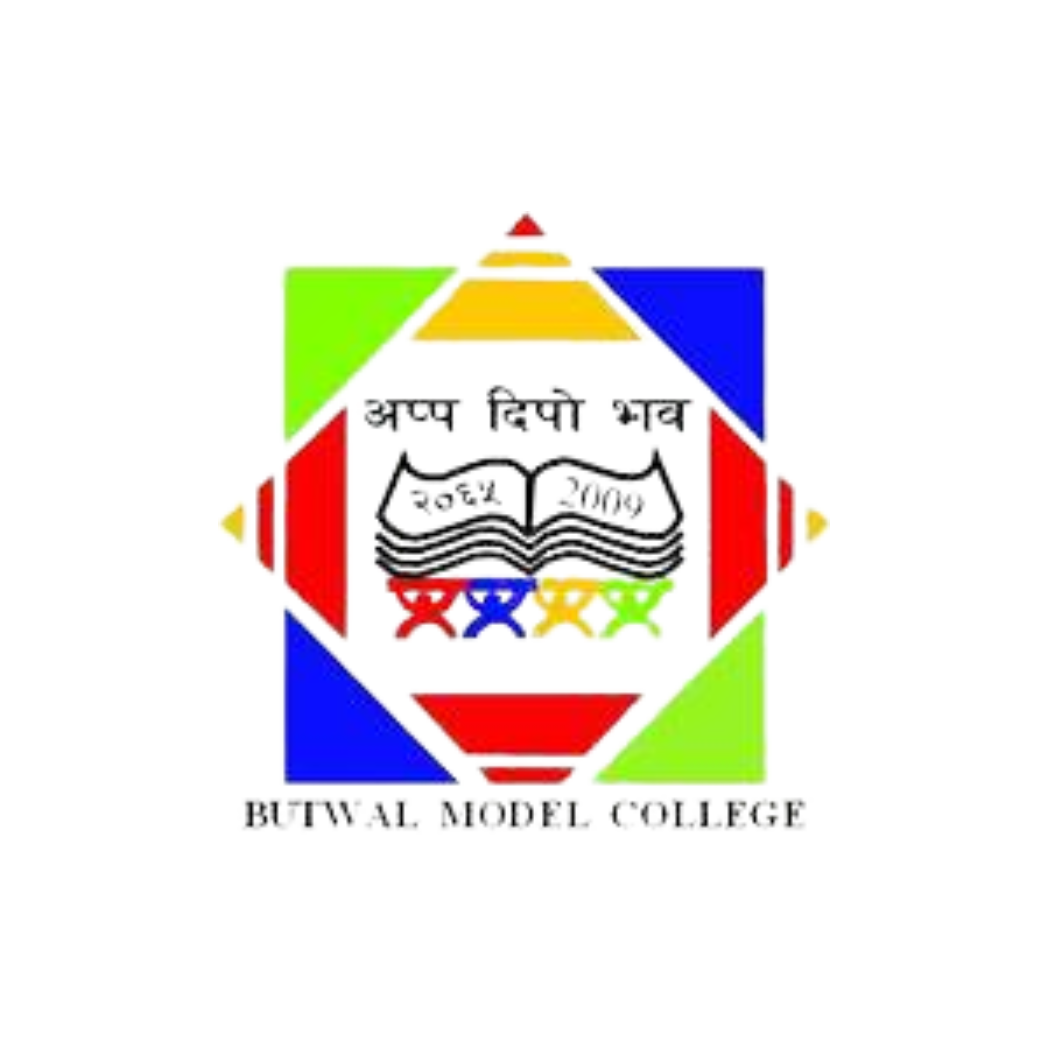Master of Arts (MA)
Study MA (TU) In Kathmandu
Elevate your literary and analytical skills with a Master of Arts (MA) in English at Kathmandu Model College (KMC). Designed for passionate literature enthusiasts and aspiring scholars, the MA in English program at KMC is committed to deepening your understanding of literary traditions, critical theories, and advanced research methodologies.
The MA in English curriculum at KMC offers an extensive exploration of both classic and contemporary literary works, ensuring a comprehensive understanding of the evolution of literature. From Literary Criticism to Comparative Literature, Postcolonial Studies, and beyond, each course is meticulously crafted to enhance your analytical abilities and foster a profound appreciation for the written word. This rigorous curriculum aims to empower students to become influential thinkers, educators, and researchers in the field of English literature.
Program objectives
- Advanced Literary Analysis: Our program focuses on developing sophisticated analytical skills, enabling students to critically engage with complex literary texts and theories.
- Comprehensive Literary Knowledge: The MA in English program is designed to provide an in-depth understanding of various literary genres, historical periods, and cultural contexts.
- Research Excellence: We emphasize the importance of advanced research skills, preparing students to contribute original insights to the field of English literature.
- Critical Thinking and Interpretation: The program fosters critical thinking and interpretative skills, allowing students to formulate nuanced arguments and perspectives.
- Global Literary Perspectives: We prepare students to appreciate and analyze literature from diverse cultures and traditions, enhancing their global literary awareness.
- Teaching and Pedagogy: The MA in English program equips students with the knowledge and skills required for effective teaching and academic mentoring.
- Creative and Scholarly Writing: Our program nurtures both creative and scholarly writing skills, encouraging students to produce original literary works and critical essays.
Program Features
- In-depth Literary Studies: Gain a comprehensive understanding of literary theory, criticism, and the historical development of English literature.
- Hands-on Learning: Engage in practical experiences through seminars, workshops, literary projects, and research initiatives.
- Skill Enhancement: Develop advanced skills in critical analysis, research methodologies, academic writing, and public speaking.
- Specialized Knowledge: Dive into specialized courses in areas such as gender studies, postcolonial literature, modernism, and digital humanities.
- Career Preparation: Prepare for a successful career in academia, publishing, journalism, creative writing, or further studies in literary fields.
- Professional Development: Participate in professional development programs designed to enhance teaching skills, research capabilities, and literary expertise.
- Networking Opportunities: Build valuable connections with literary scholars, peers, and alumni through literary events, guest lectures, and academic conferences.
Admission Process
Qualification
- Applicants must hold a Bachelor’s degree in English or a related discipline with a minimum of second division or equivalent from a recognized university.
- Upon meeting the eligibility requirements, candidates are expected to complete the application form thoroughly, providing detailed personal information and academic records from previous educational institutions.
Entrance Exam
- The Faculty of Humanities and Social Sciences administers an entrance exam assessing students’ verbal, analytical, and critical abilities.
- To secure admission, applicants must achieve a qualifying score in the entrance exam. Additionally, KMC will conduct individual presentations and interviews to assess candidates’ suitability. Only those students who pass the interview will be eligible for admission.
Eligibility Criteria
- Students applying for this field of study must have passed BBS or bachelor’s level in any discipline.
- Students should be able to clear the entrance examination conducted by the Central Department of English.
- Students must also clear the interview round to secure their spot in the student list of MA.
Start Your Transformation With Globally Acclaimed Academic Credentials
MA Syllabus
Semester | First | Second | Third | Fourth |
Subjects | ENGL550.1: Introduction to Literature and Literary Analysis | ENGL556: History of British and American Literature | ENGL566: British and American Drama | ENGL577: Experimental Fiction |
ENGL550.2: Academic Writing (I) | ENGL558: Modern and Contemporary Literary Theory Elective Areas | ENGL567: Ideas and Themes in Contemporary Poetry | ENGL578: Cultural Studies | |
ENGL550.4: Ideas and Themes in Poetry | Elective Areas | ENGL568: Academic Writing (II) | ENGL579: Language and Communication | |
ENGL550.5: Themes and Trends in Fiction | Elective: Any Two Courses | Elective: Any Two Courses |
MA Academic Calendar
Download your respective calendar here:

CALENDAR
1st Sem 2024
KMC College

CALENDAR
2nd Sem 2024
KMC College
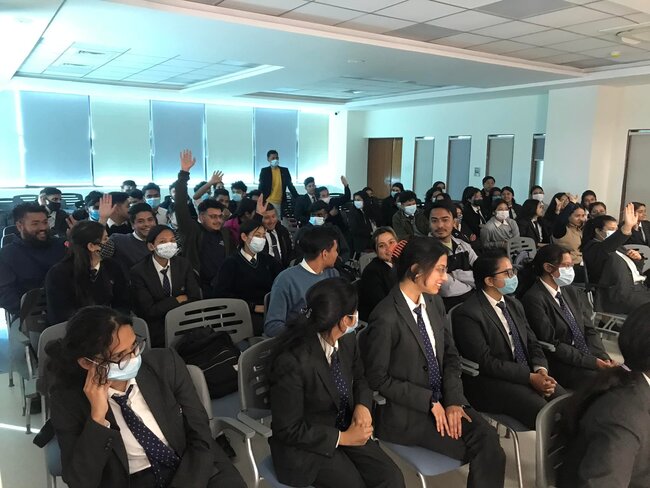
CALENDAR
3rd Sem 2024
KMC College

CALENDAR
4th Sem 2024
KMC College
Fee Structures
Prospective students are advised to research and compare fee structures across different universities and colleges to make informed decisions about their education. With its commitment to providing quality education and modern facilities, KMC ensures that students receive excellent value for their investment.
Scholarships
At KMC, we believe that financial constraints should not hinder a student’s education. As a result, we offer a wide range of merit-based and need-based scholarships to deserving students, based on their academic performance and entrance exam scores. Moreover, KMC also offers additional scholarships for students who achieve outstanding academic results each semester.
Career Prospects
Graduates of KMC’s MA in English program emerge as highly qualified professionals with advanced literary knowledge and critical skills honed through rigorous study and research. Potential career paths include:
- Academia and Teaching
- Literary Criticism and Scholarship
- Publishing and Editing
- Journalism and Media
- Creative Writing
- Cultural and Arts Management
- Research and Consultancy
Facilities
Some of our facilities:
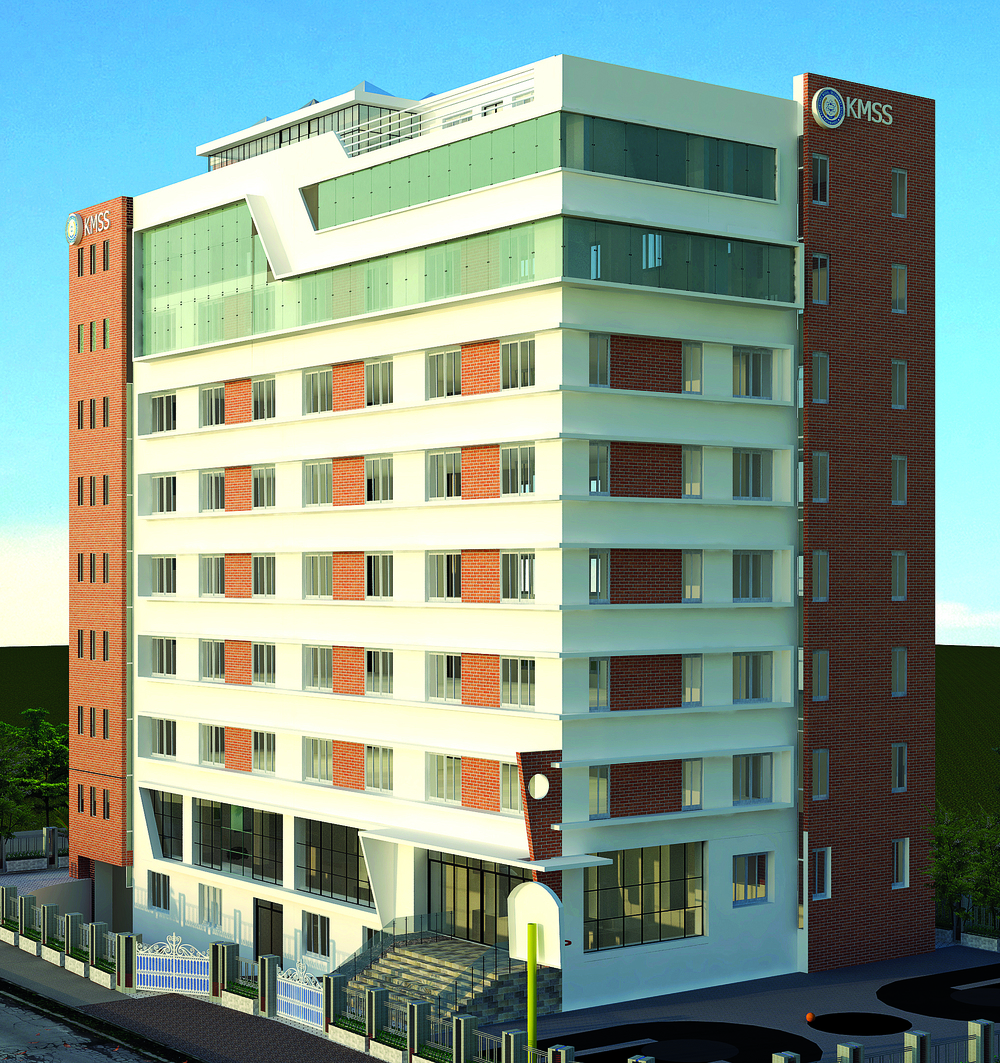
- The Innovation Lab serves as a dynamic hub within the campus, encouraging collaborative problem-solving and innovative solutions in the realms of development and humanitarian efforts.
- It provides a creative space where students can brainstorm, test, and scale up ideas aimed at addressing societal challenges and fostering positive change.
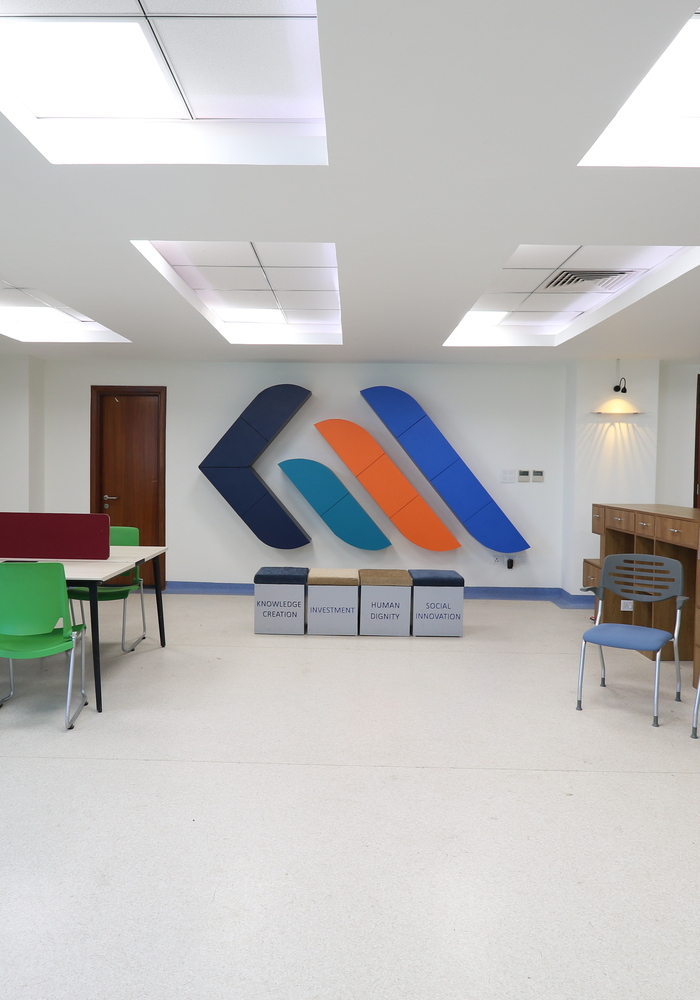
- The KMC Innovation Lab serves as a dynamic hub within the campus, encouraging collaborative problem-solving and innovative solutions in the realms of development and humanitarian efforts.
- It provides a creative space where students can brainstorm, test, and scale up ideas aimed at addressing societal challenges and fostering positive change.
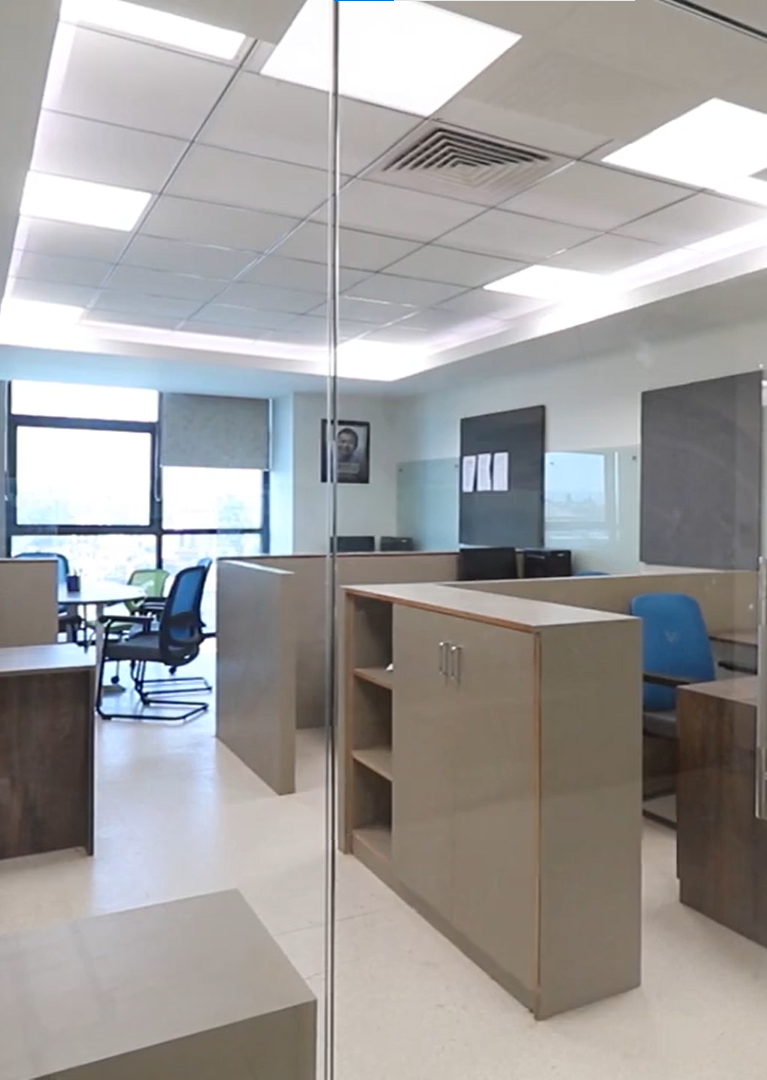
- The centralized Learning Management System (LMS) at KMC empowers students with a seamless digital learning experience.
- It offers a user-friendly interface for students to navigate, facilitating easy access to course materials, assignments, and resources anytime, anywhere.
- Through the LMS, students can track their academic progress, set and monitor their learning goals, and engage in interactive learning activities tailored to their individual needs.
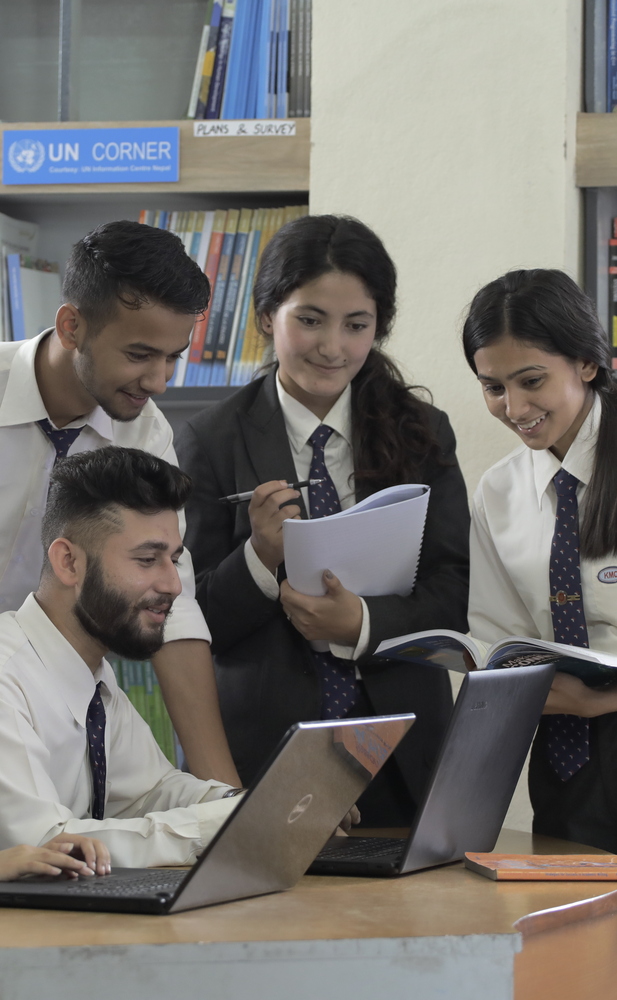
- Boasts an extensive collection of textbooks, reference materials, periodicals, and journals from domestic and international publishers.
- Provides access to best-selling titles for coursework supplementation and knowledge expansion.
- Dedicated library staff maintain an organized environment and offer support to students seeking research materials or academic assistance.

- The seminar room accommodates up to 200 attendees for academic presentations, workshops, and guest lectures.
- The auditorium hall enhances presentations with cutting-edge audio and video technology.
- Vital venues for intellectual exchange, fostering vibrant academic discourse and idea-sharing.
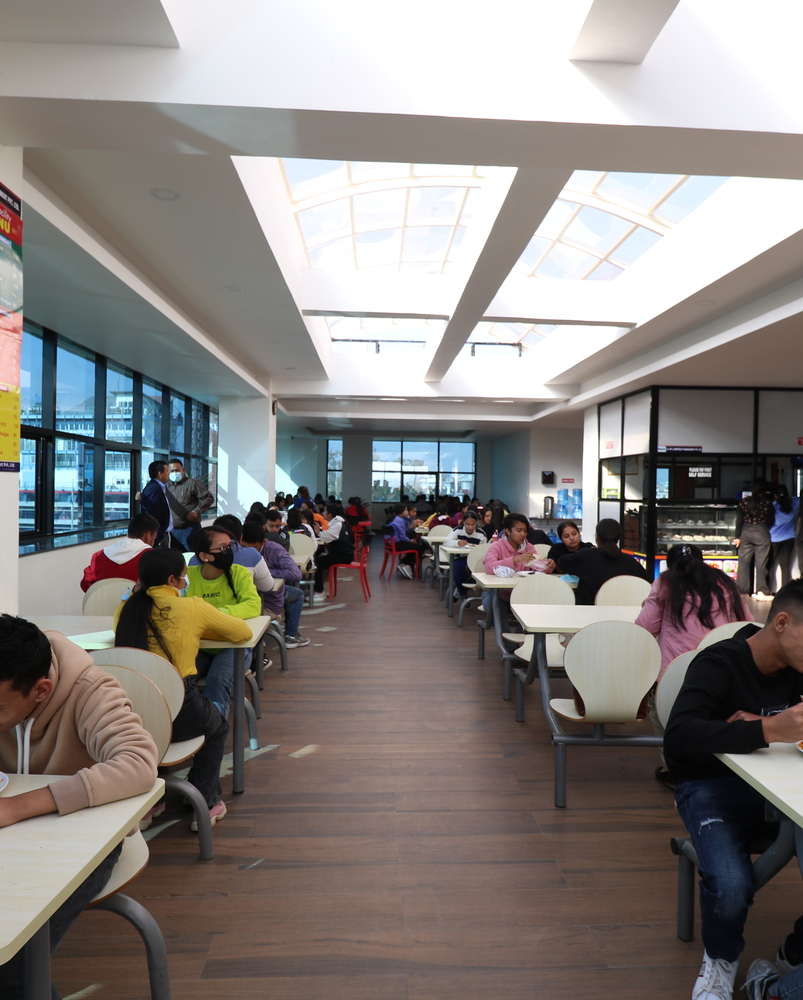
- Renowned for vibrant ambiance and commitment to cleanliness and hygiene standards.
- Diverse menu offerings curated to meet nutritional needs and preferences throughout the week.
- Emphasizes culinary excellence, offering students a delightful array of flavorful dishes to enjoy.

- Separate wings for boys and girls overseen by dedicated wardens ensure a safe and supportive living environment.
- Dorm rooms are spacious, impeccably maintained, and furnished with modern amenities to create a comfortable and welcoming atmosphere.
- Weekends feature a balance of academic classes and entertaining indoor and outdoor activities to foster student engagement and relaxation.
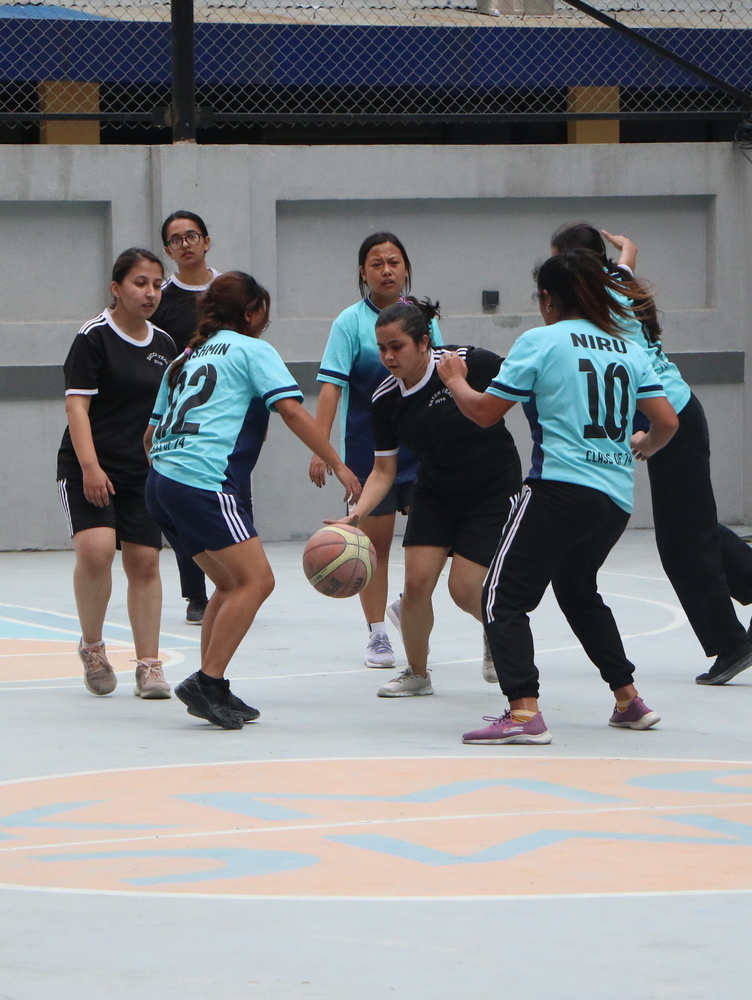
- KMC offers a variety of sports activities including basketball, table tennis, chess, and badminton during breaks, providing students with opportunities for physical activity and recreation.
- Regular sporting events organized by the college promote teamwork, sportsmanship, and healthy competition among students.
- Participation in sports is encouraged for all students as part of a holistic approach to personal development and well-being.

- KMC offers a variety of sports activities including basketball, table tennis, chess, and badminton during breaks, providing students with opportunities for physical activity and recreation.
- Regular sporting events organized by the college promote teamwork, sportsmanship, and healthy competition among students.
- Participation in sports is encouraged for all students as part of a holistic approach to personal development and well-being.
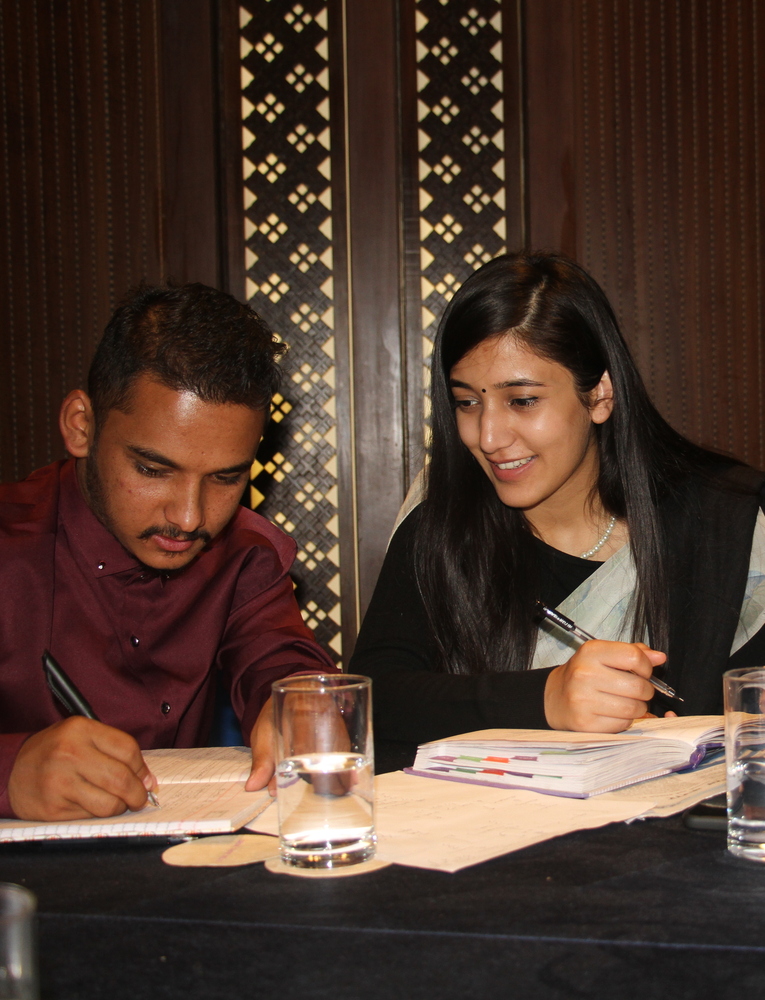
- Counseling classes are available to support students in addressing psychological, emotional, or academic challenges they may encounter during their academic journey.
- Motivating classes offered by KMC aim to enhance students’ cognitive processing, leading to increased focus, effort, and academic achievement.
- The college’s counseling and placement services are designed to support students’ overall well-being and academic success, ensuring they are equipped to thrive both personally and professionally.
Why Master of Arts (MA) At KMC?
At Kathmandu Model College (KMC), the best TU-affiliated MA college in Nepal, we are dedicated to cultivating future literary scholars and educators through comprehensive education and intellectual engagement in our esteemed MA in English program. We offer numerous compelling reasons that set us apart as an exceptional choice for aspiring literary professionals. Here’s why you should consider pursuing an MA in English at the best TU-affiliated MA college in Nepal:
- Recognized and Awarded as the BEST: KMC proudly secured the prestigious Quality Assurance and Accreditation (QAA) from the University Grants Commission (UGC) and was honored as the Best Campus of 2080 by the Nepal Government’s Ministry of Education.
- Academic Excellence: We provide a premier education with a variety of programs and activities specifically created to address the evolving needs of literary scholars, empowering you to excel in diverse literary roles through comprehensive knowledge, critical thinking, and innovative research.
- Expert Faculty: Our MA in English program boasts a faculty of distinguished scholars and literary experts committed to shaping the next generation of literary thinkers. Each faculty member brings extensive experience and expertise across various literary domains, including criticism, theory, and cultural studies.
- Academic Partnerships: Our strong academic partnerships, in collaboration with leading universities and literary institutions, offer you invaluable opportunities for research, academic exchange, and scholarly development.
- Alumni Network: Join a global network of successful literary professionals and mentors across various fields, providing continuous support and valuable connections throughout your career.
- State-of-the-art Facilities: Our modern classrooms, sophisticated computer laboratories, comprehensive libraries, and dynamic learning spaces are designed to provide you with the resources needed for academic and professional excellence.
- Professional Development Courses The academic development of the students is further supported by well-crafted professional development programs including academic writing, research methodologies, public speaking, and pedagogy to prepare students for scholarly and teaching roles after the completion of the MA in English course.
Success Stories
Trusted by Thousand of Students and Tutors

Gokarna Karki (BBA, 2008/12 Batch)
Branch Manager, NMB Bank

Maya Rai (BBA, 2008/12 Batch)
MD of Nepal Knotcraft Center

Abhisek Khadgi (BBA, 2013/17 Batch)
Founder, Lalteen Store

Sagar Kharel (BBA, 2013/17 Batch)
Academic coordinator, KMSS

Have Any Questions?
FAQ's
What is the duration of the MA in English program?
The MA in English program typically spans over two academic years, consisting of four semesters.
What are the eligibility criteria for admission to the MA in English program at KMC?
To be eligible for admission, candidates must hold a bachelor’s degree in English or a related field from a recognized institution. Additionally, they may need to fulfill specific requirements outlined by KMC.
What teaching and learning methods are employed in the MA in English program at KMC?
KMC employs a variety of teaching and learning methods, including lectures, seminars, workshops, group discussions, and practical exercises all of which aim to promote critical thinking, analytical skills, and effective communication.
Are any scholarships or financial aid opportunities available for MA in English students at KMC?
KMC offers scholarships and financial aid to deserving students based on merit and need. Interested candidates can inquire about the application process and eligibility criteria through the college’s official channels.
What career prospects are available to graduates of the MA in English program from KMC?
Graduates of the MA in English program from KMC are equipped with a range of skills that are valuable in various professional fields. Career opportunities may include teaching, writing, editing, publishing, content creation, research, and more. Additionally, some graduates may choose to pursue further studies or academic research.
